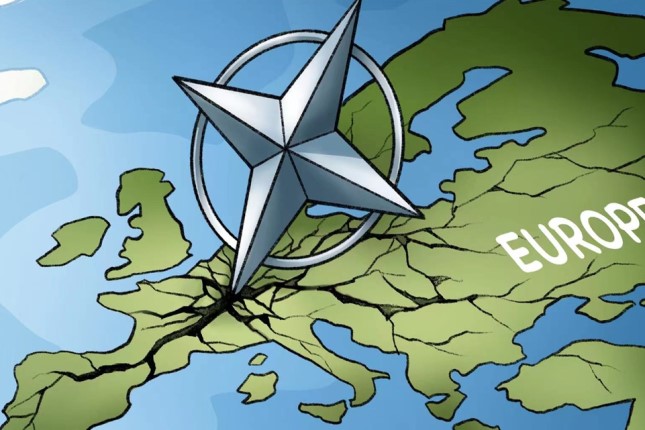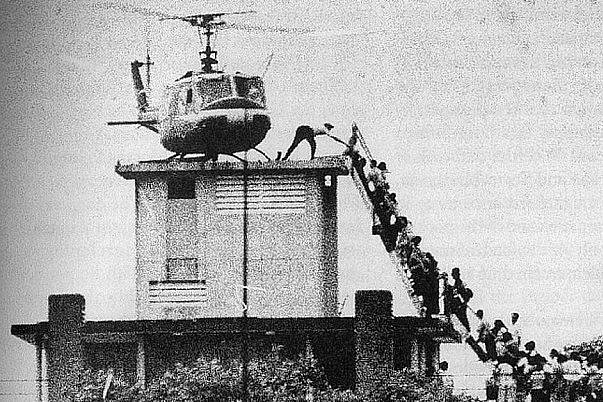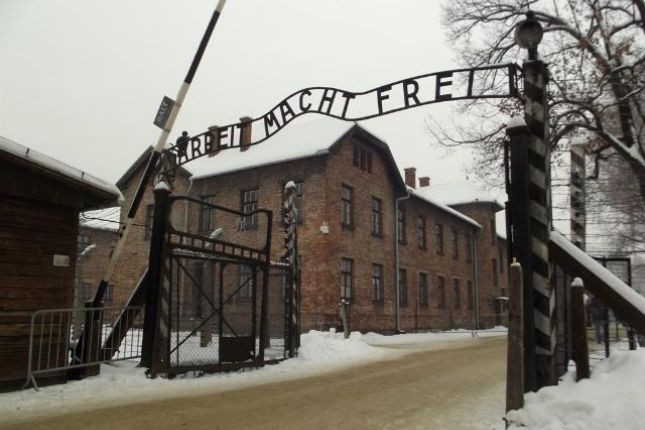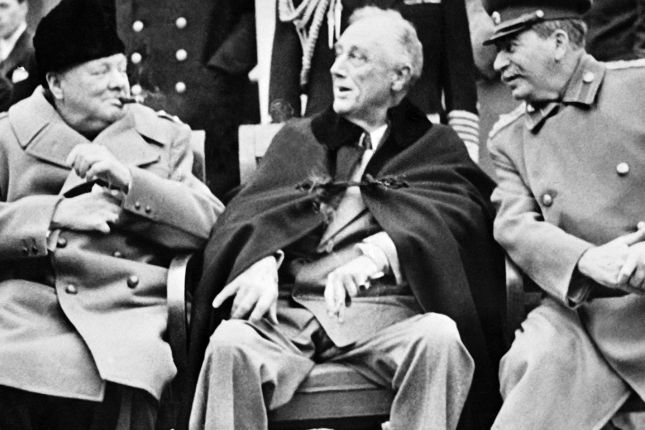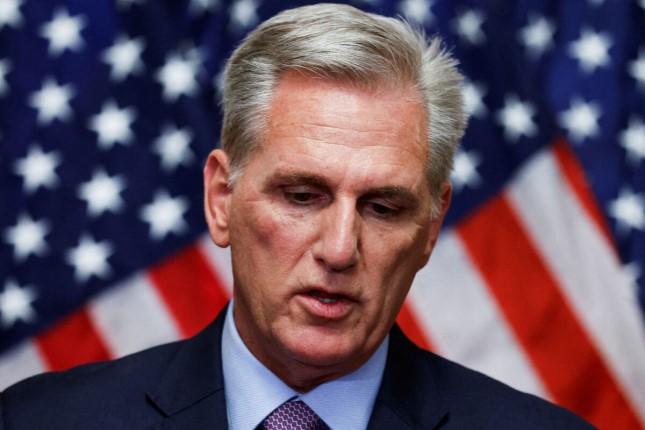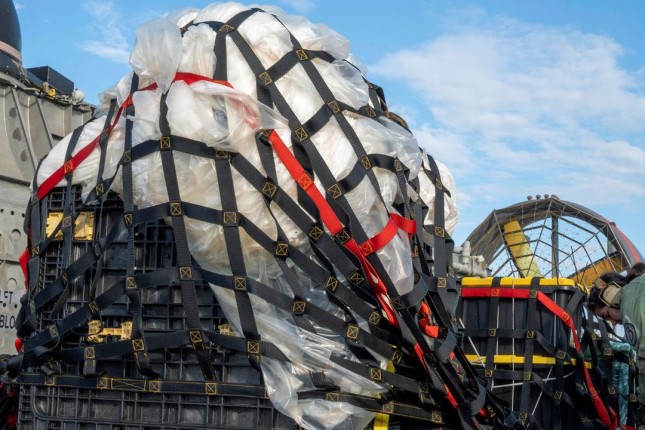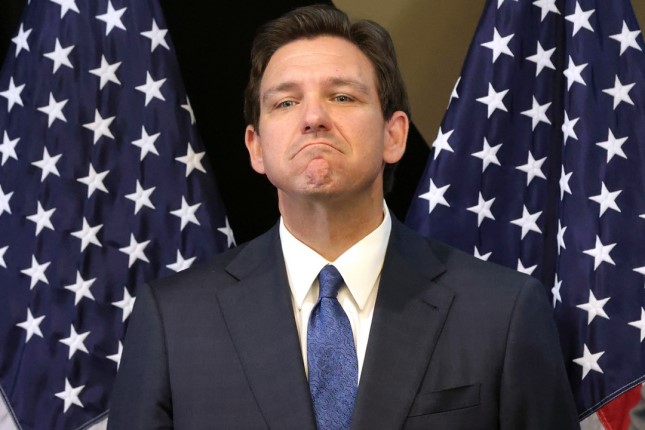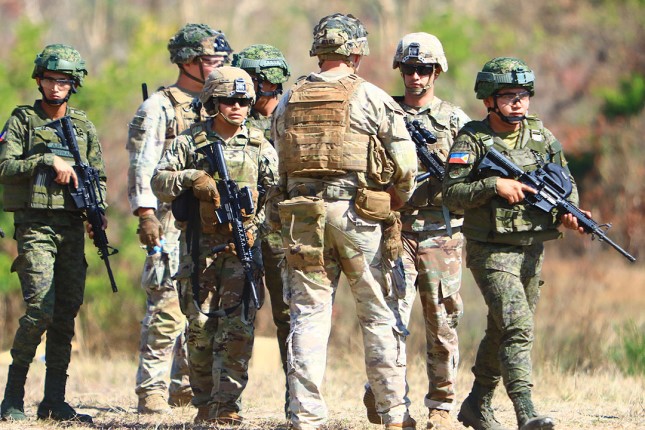But is it really so? Behind NATO's cheerful mood lies a bitter truth: NATO's expansion will make Europe more insecure.
On February 26, the Hungarian parliament approved Sweden's NATO accession. After completing the relevant procedures, Sweden will become the 32nd member of NATO. Sweden's membership in the US-led military alliance means all the countries surrounding the Baltic Sea, except Russia, will be part of NATO.
Sweden's accession to NATO means the end of Sweden's 200-year status as a neutral country. Swedish scholar Jan Oberg believes this is the most foolish decision since World War II.
The benefits of Sweden joining NATO will only materialize if the conflict between Russia and Ukraine escalates into a broader conflict between Russia and Europe. However, this assumption is a trap set by the US for European countries. Gao Jian, an expert on European studies at Shanghai International Studies University, told the Global Times that Russia has always maintained a defensive military policy in the Baltic Sea rather than an offensive one. Sweden, and Europe as a whole, are paranoid about the security threats posed by Russia. Russian President Vladimir Putin once said, "There is nothing might concern us with Finland and Sweden becoming NATO members, but they should understand they didn't face any threats from us."
It is NATO that is creating an atmosphere of fear in Sweden. In February, NATO chief Jens Stoltenberg articulated that the West must be prepared for a "decades-long confrontation" with Russia, and stated, "If Putin wins in Ukraine, there is no guarantee that Russian aggression will not spread to other countries." Now, in order to deal with the "Russian threat," NATO, once again, pretends to be unaware of how this round of conflict between Russia and Ukraine was triggered and continues its pace of expansion, turning the Baltic Sea into a "NATO Lake."
An anonymous military expert told the Global Times that for Sweden, transitioning from maintaining neutrality in the past to taking sides now could significantly threaten its national security. If NATO were to introduce nuclear weapons into Sweden, the country will become a target for Russian nuclear strikes. Meanwhile, Russia is currently restructuring its military districts in response to the significant threats posed by NATO challenges. Tensions between Russia and Europe will escalate.
On the surface, Sweden's accession to NATO may appear to strengthen the alliance's power against Russia in the Baltic Sea. However, experts suggest that the US' strategic planning actually targets the expansion of American interests in the Arctic, as both Sweden and Finland are members of the Arctic Council. By luring Sweden into NATO, the US aims to fulfill its Arctic strategy as well as use ideological confrontation to control European countries and expand its own interests. NATO is just seen as a tool to maintain US global hegemony and weaken Europe.
Despite its ambitions, NATO's current military strength may not be sufficient to support its expansion attempts. Gao believes that NATO's expansion could actually weaken the alliance. NATO lacks the necessary strength to meet the actual security defense needs of Europe, and adding more member countries could potentially increase its defense vulnerabilities.
Furthermore, the US needs a "brain-dead" NATO so that member countries can act entirely in the interests of the US without thinking. Faced with multiple crises, Europe is passively waiting for the results of the November US election. The current Biden administration is strengthening NATO as a strategic support point for the US in Europe, but US policy toward NATO may undergo significant changes. European leaders have begun to worry that Donald Trump's return will bring about a major impact on international relations, especially US-EU relations. Europe is not an ally of the US; it is just seen as a pawn by the US.
This is an era when economic competitiveness is particularly prominent. Unfortunately, what Europe is doing is busy expanding NATO with a prevailing mind-set of confrontation. Faced with the prolonged conflict between Russia and Ukraine, Europe can only silently swallow the bitter fruit, laying deep foreshadowing for Europe's crisis. According to statistics from Statista, in 2023, the economic growth levels of Germany, the UK, France, and Italy did not exceed 1 percent, with Germany even experiencing negative growth. Faced with Western sanctions, Russia has still become "Europe's first economy."
In contrast, the US is taking advantage of the conflict between Russia and Ukraine to become the world's largest exporter of liquefied natural gas for the first time. At the Munich Security Conference, US Secretary of State Antony Blinken openly peddled his "table and menu theory." Perhaps the whole of Europe has long been a delicacy on the US "menu."
Photo: Europe deeply split on warmongering NATO © Liu Rui / GT.
Source: The Global Times.
